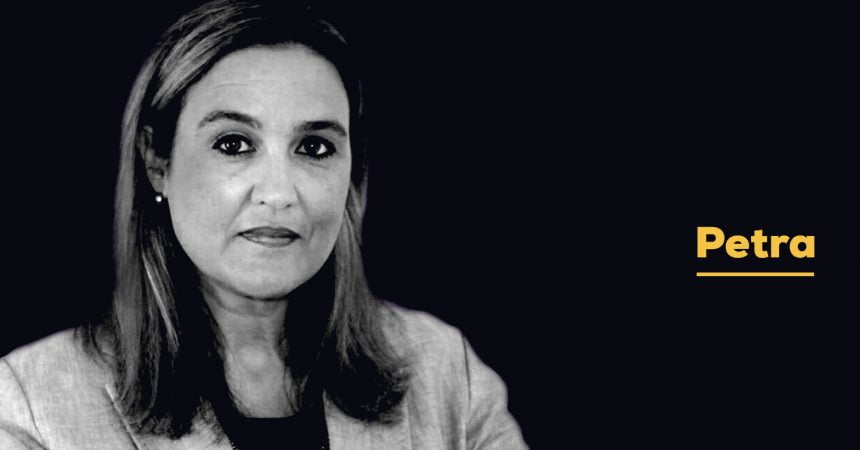The European parliamentary elections are fast approaching. Compared to national elections, they are given secondary importance. But still the results do count, and quite a bit. The polls suggest that the Nationalist Party may lose one seat to the Labour Party, with a 2-4 outcome.
As elsewhere in Europe, the choices that voters make reflect their views of political parties here in Malta, and not how this could influence the European parliament.
Who would have thought, years ago, that Eurosceptics like former prime minister Alfred Sant would represent Malta as an MEP, and that people would support him on this bizarre volte-face. Just this week he said that he regrets not having persuaded people that Malta should enter into a partnership with the EU instead of membership. Yet he is again standing for election to the European parliament.
It is hard to assess the performance and political contribution of MEPs. Sant has explained on television that most of his work has been intentionally “underground”, which sounds rather sinister. Joseph Muscat had campaigned against EU membership, alongside Sant. Yet once Malta joined the EU, he also presented himself for election as an MEP. Now he is selling EU passports and his rumoured ambition is to head the European Council.
With U-turns like this, frankly it is no wonder that people view the political class with a strong dose of scepticism. Voter alienation is very worrying though. Some people are hesitant to head to the voting booths in May, not wanting to endorse any political party or support the status quo. They are disenchanted and disillusioned by the political system.
People feel alienated from politics for mixed reasons. First, perhaps because the political choices on offer seem meaningless, as all parties and politicians appear too similar and do not represent them. Political statements may sound insincere and hollow.
Secondly, because politicians are perceived to have lost a sense of right and wrong, and to have eroded the expected norms of behaviour. Thirdly, they may feel isolated and cynical about a devious and underhand political system, providing for favoured groups and not for the benefit of the ordinary citizen.
Barack Obama urged people to participate at the polls. He said: “If you don’t vote and you don’t pay attention, you’ll get policies that don’t reflect your interest”. He was right. A protest abstention is senseless and ineffectual. People will just wind up with politicians they don’t agree with, or who are unqualified for their posts, taking the decisions.
Ending up with a bunch of unprincipled or inept representatives is the worst outcome for everyone. Abstaining from voting is not a good idea and will not yield sound results. To influence or change the direction of travel, people must cast their votes. But politics is emotional. Populism, for example, is largely based on emotions and is the politics of anger. That is a bad outcome, when emotions hijack voting or trigger abstentions.
Obama also pointed out that people like to blame politicians, but actually they get the politicians they deserve. He was right again. The UK parliament is currently chaotic and undecided, but that reflects their constituents who are deeply divided on Brexit.
Our MPs in Malta, however, are generally fearful about voicing any individual opinions and mostly just parrot the Party line monotonously (however much they might grumble behind the scenes).
Unlike British MPs, they rarely speak up or express any strong opinions of their own. They bow down their heads to their Party leader and timidly stick to the Party hymn sheet. Our parliamentary system enables MPs to speak past one another in monologues, rather than engaging in any meaningful debate.
Does our parliament reflect our nation? In this sense, I would say that it does. It reflects a culture where people are afraid to speak out and put their head above the parapet. This is a general mentality across the board, so it is hardly surprising to find it in parliament too.
The occasional elected politicians who do speak out face isolation, such as Marlene Farrugia, David Casa, Simon Busuttil, Godfrey Farrugia, Jason Azzopardi. There aren’t many, but they certainly get a lot of flak and hostility for making their opinions known.
As the speaker of the UK House of Commons, John Bercow, said to MPs last week: “Nobody is a traitor… the sole duty of any member of parliament is to do whatever he or she thinks is right”.
The right to vote is valued differently over time. First nobody could vote. Then only men with property were given a vote. Then more men were included. In Britain and elsewhere, women struggled to have the right to vote and faced many hardships, including prison, for it. Women were only given a vote in Malta in 1947. Seeing this precious right ignored would make some of our grandmothers turn in their graves.
People often say that younger generations do not appreciate what they have because they take it for granted. Tossing aside a vote is just that.
petracdingli@gmail.com












